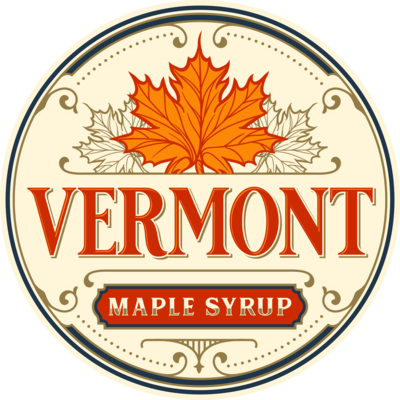The maple syrup industry stands as a testament to the delicate artistry and rich traditions of sap extraction and syrup production. As consumers worldwide increasingly seek natural and artisanal products, the syrup industry has experienced significant growth. This blog post takes a closer look at the intricacies of the industry, examining its production processes, market trends, and the factors driving its success.

The Origins and Tradition of the Maple Syrup Industry
Rooted in North American history, the maple syrup industry has deep cultural and historical significance. Indigenous peoples were the first to tap maple trees for their sap, using the process to create a natural sweetener. Over the centuries, this practice evolved into a thriving industry, blending traditional methods with modern technology.
The Tapping Process
Central to the maple syrup industry is the tapping process, where sap is extracted from sugar maple trees (1). Typically conducted during the late winter or early spring, this process involves drilling small holes into the trees and collecting the sap that flows out. Modern methods often include the use of tubing systems to efficiently gather sap from multiple trees.
Evaporation and Boiling
Once collected, the sap undergoes an intricate process of evaporation and boiling. This is where the magic happens – the watery sap transforms into the concentrated, sweet liquid we know as maple syrup. Traditional methods involve large cauldrons over open fires, while modern facilities utilize advanced evaporators for efficiency and precision.
Grading and Quality Standards
The maple syrup industry adheres to strict grading standards to ensure quality and consistency. The grading system categorizes syrup into different classes based on color and taste. Consumers can choose from Grade A Light Amber, Grade A Medium Amber, Grade A Dark Amber, and Grade B, each offering a unique flavor profile. The quality standards set by industry associations help maintain the integrity of maple syrup as a premium product.
Global Market Trends
In recent years, the global market for maple syrup has experienced remarkable growth. Consumer preferences have shifted towards natural and organic sweeteners, driving increased demand for maple syrup. The industry has responded by expanding production capacities and exploring new markets, making maple syrup a sought-after commodity on a global scale.
Challenges and Sustainability
Despite its success, the maple syrup industry faces challenges, including climate change and fluctuating weather patterns. Warmer winters can impact sap production, posing a threat to maple syrup yields. Industry players are increasingly adopting sustainable practices to address these challenges, focusing on responsible tapping methods, forest management, and eco-friendly production processes.
Technological Industry Innovations
Embracing technology has been key to the maple syrup industry's resilience and growth. From vacuum systems that enhance sap collection to high-tech evaporators that streamline the boiling process, innovation has played a vital role in increasing efficiency and maintaining product quality. These advancements not only benefit producers but also contribute to the sustainability of the industry.
Regulatory Landscape
Governments and industry associations play a crucial role in regulating the maple syrup industry. Standards for labeling, grading, and quality control are established to ensure transparency and consumer confidence. Producers must adhere to these regulations, contributing to a trustworthy and well-regulated industry, especially if they want to be considered organic producers.
Sweet Success in a Changing Landscape
The maple syrup industry remains a fascinating blend of tradition and innovation, rooted in centuries-old practices yet adapting to the demands of the modern market. As consumers continue to embrace natural and authentic products, the future looks promising for this sweet elixir. With sustainable practices, technological advancements, and a commitment to quality, the maple syrup industry is poised for continued success, bringing the timeless tradition of tapping and boiling sap into the forefront of the global culinary landscape.










